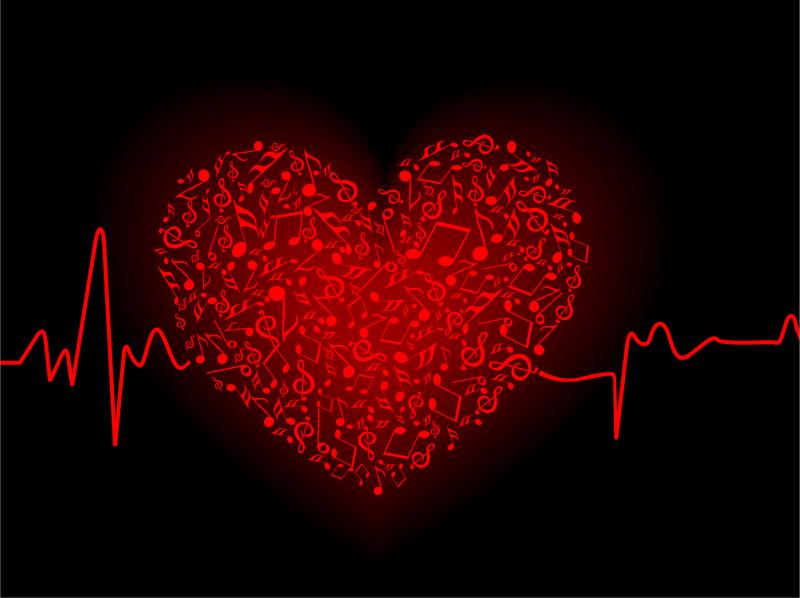
Not only is listening to music relaxing for the mind, it may also benefit the heart for patients with early post-infarction angina, suggests a study released during the ACC.20/WCC Virtual Meeting.
The study shows that a 30-minute music therapy daily significantly reduced the levels of pain and anxiety compared with standard care alone. [ACC.20/WCC, abstract 20-A-13484-ACC]
“There have been very few studies analyzing the effects of music on heart conditions,” noted lead author Professor Predrag Mitrovic from the University of Belgrade’s School of Medicine in Belgrade, Serbia. “For heart attack patients, 30 minutes of music a day can lower the risk of another heart attack.”
In the study, 350 patients with hypertension and early post-infarction angina were randomized 1:1 to receive standard treatment alone or to listen to soothing music for 30 minutes daily in addition to usual care. The standard treatment included typical medications for treating heart conditions such as aspirin, anticoagulants, statins, blood pressure-lowering medications, and ranolazine.
After 7 years of follow-up, music therapy led to significantly lower anxiety levels by one-third compared with standard treatment alone, as indicated by anxiety scores. Pain sensation and distress, as assessed on the visual analogue scale, were similarly reduced with music therapy.
Angina symptoms were also 25 percent lower on average among the patients receiving music therapy vs standard treatment alone.
In addition, patients in the music therapy group were less likely to have cardiovascular (CV) events, with 23 percent lower rate of recurrent myocardial infarction, 20 percent lower rate of events requiring coronary artery bypass graft surgery, 18 percent lower rate of heart failure, and 16 percent lower rate of CV-related deaths than the standard treatment alone group.
“Based on our findings, we believe music therapy can help all patients after a heart attack, not only patients with early post-infarction angina,” Mitrovic said. “It’s also very easy and inexpensive to implement.”
According to Mitrovic, the heart-protective benefits of music may be mediated by its modulation of the sympathetic nervous system, which drives the “fight-or-flight” response. As sympathetic response entails increase in blood pressure and heart rate, this can present a strain on the CV system.
“Unrelieved anxiety can produce an increase in sympathetic nervous system activity, leading to an increase in cardiac workload,” he explained. Music therapy, on the other hand, may counteract the sympathetic response by alleviating anxiety associated with early post-infarction angina.
For music selection, participants first underwent a screening process by listening to nine samples of soothing music, 30 seconds each, to determine which genre of music they were more likely to respond to. Their autonomic responses were assessed based on changes in the eye pupils -- either a dilation or narrowing. The music selection was then customized in terms of tempo and tonality that best suit the participants.
Moving forward, the researchers planned to find out which group of patients are likely to benefit most from music therapy by conducting stratified analysis based on age or health conditions (eg, diabetes).